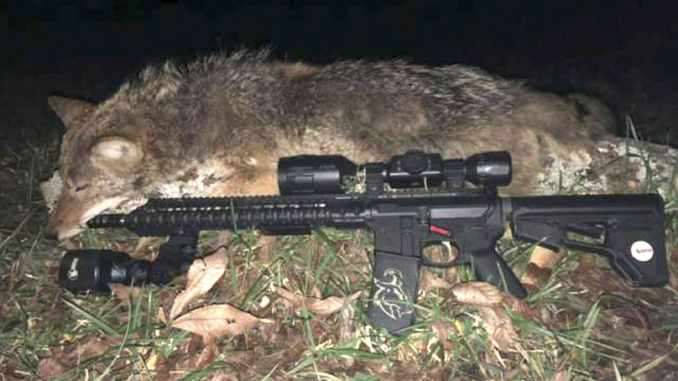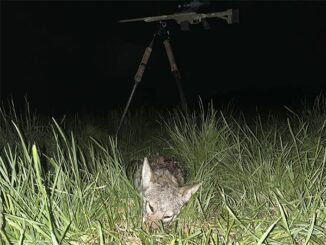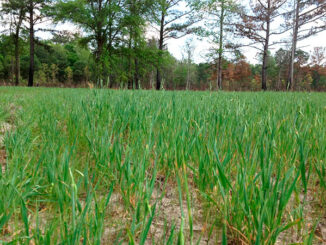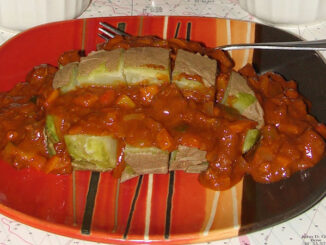
Coyotes are not native to the Carolinas
Coyotes are typically thought of as varmints that pose a threat to native game species. Like wild hogs, coyotes are a non-native species in South Carolina. They are, however, here in considerable numbers now. And they’re here to stay, according to SCDNR wildlife biologists.
Sportsmen often voice concern over the presence of coyotes and the potential impact they have on game species such as deer. Though coyotes are one of the most adaptable animals, they are not designed to prey on big game.
The coyote’s diet is chiefly composed of small mammals. Rats and mice, insects, and a variety of vegetable matter including fruits make up most of a coyote’s diet. On the other hand, coyotes will take deer fawns and deer that are sick or injured.
Coyotes are not protected animals in South Carolina and hunters are allowed to harvest them throughout the year during daylight hours and at night by registering their property.
Hunters killed coyotes in all 46 S.C. counties in 2019
During 2019 it is estimated that approximately 20,674 coyotes were harvested incidental to deer hunting in South Carolina, a decrease of 9 percent from 2018 (22,731 coyotes).
As in past years, there was evidence of coyotes being harvested in all counties. Although the number of coyotes killed by deer hunters increased exponentially from the late 1990’s to 2014 pointing to the expansion of this species in South Carolina, the harvest has decreased 34 percent in recent years.
This decrease likely indicates a moderation in coyote populations across the state which is typical of a species following colonization. Statewide approximately 1.0 coyotes/mile2 were harvested and the top 5 counties for coyote harvest per unit area included Spartanburg (3.3 coyotes/mile2), Laurens (2.2 coyotes/mile2), Anderson (2.0 coyotes/mile2), Chester (1.7 coyotes/mile2), and Calhoun (1.6 coyotes/mile2).




Be the first to comment